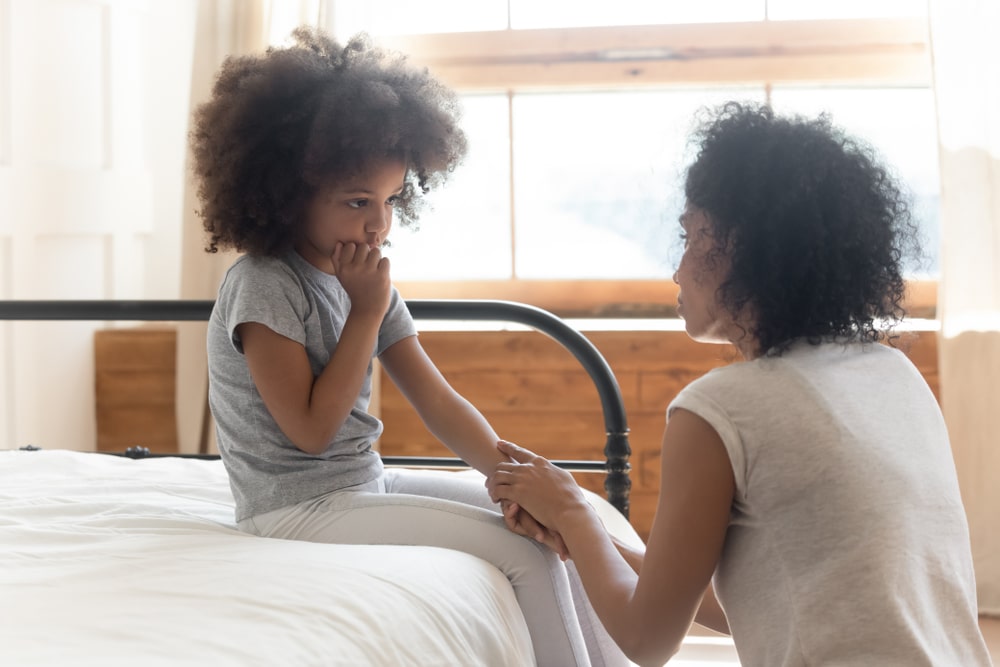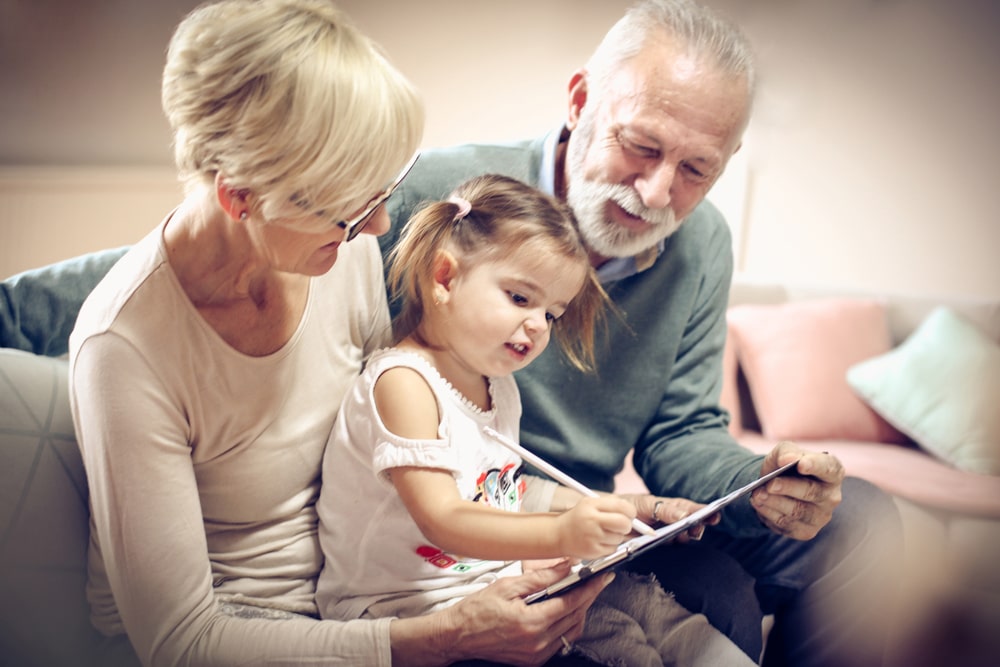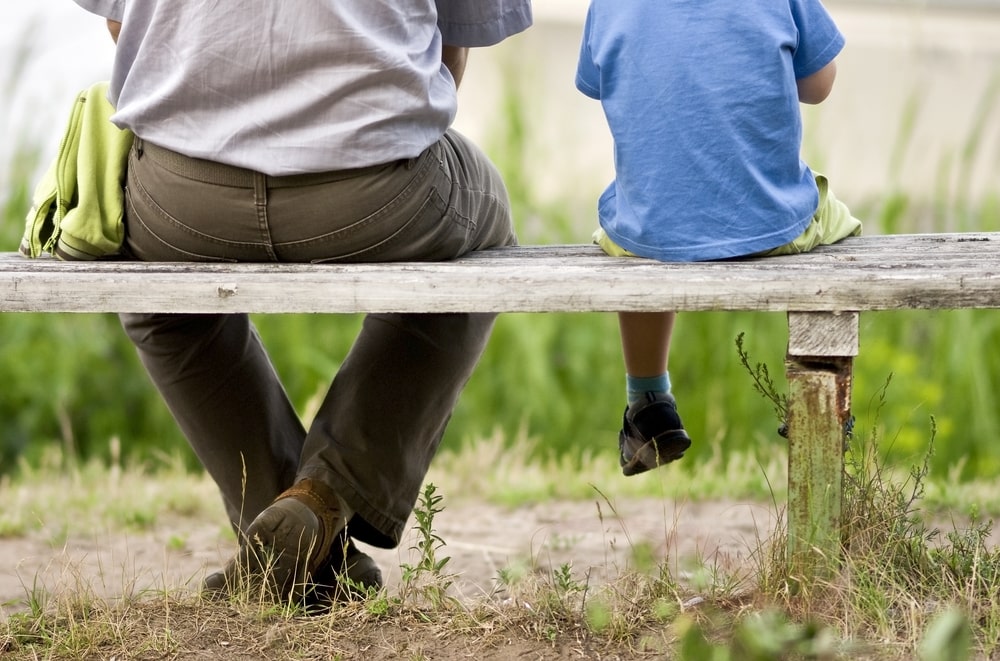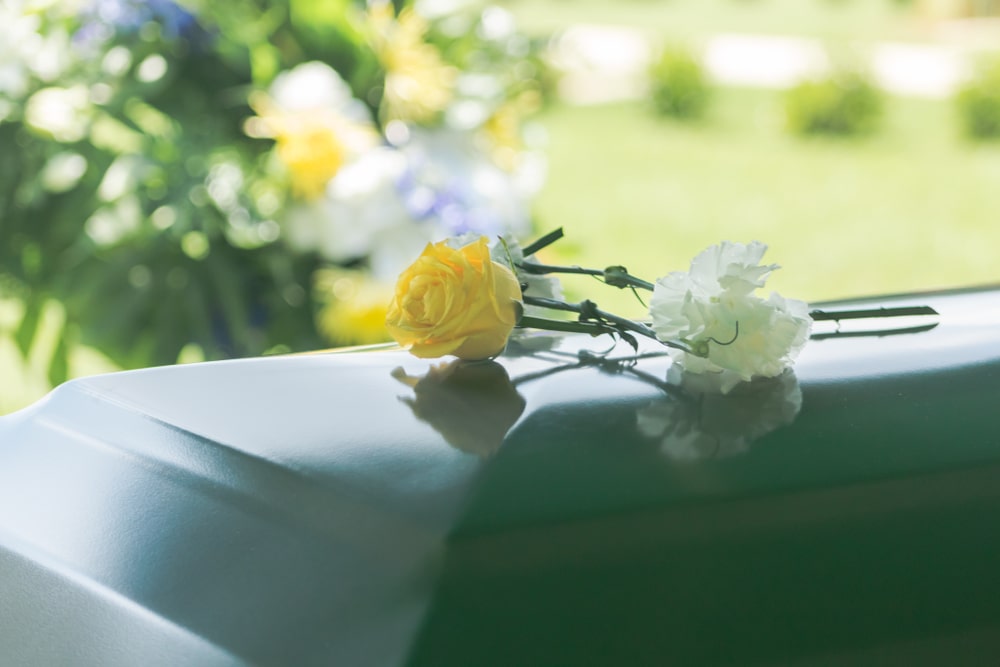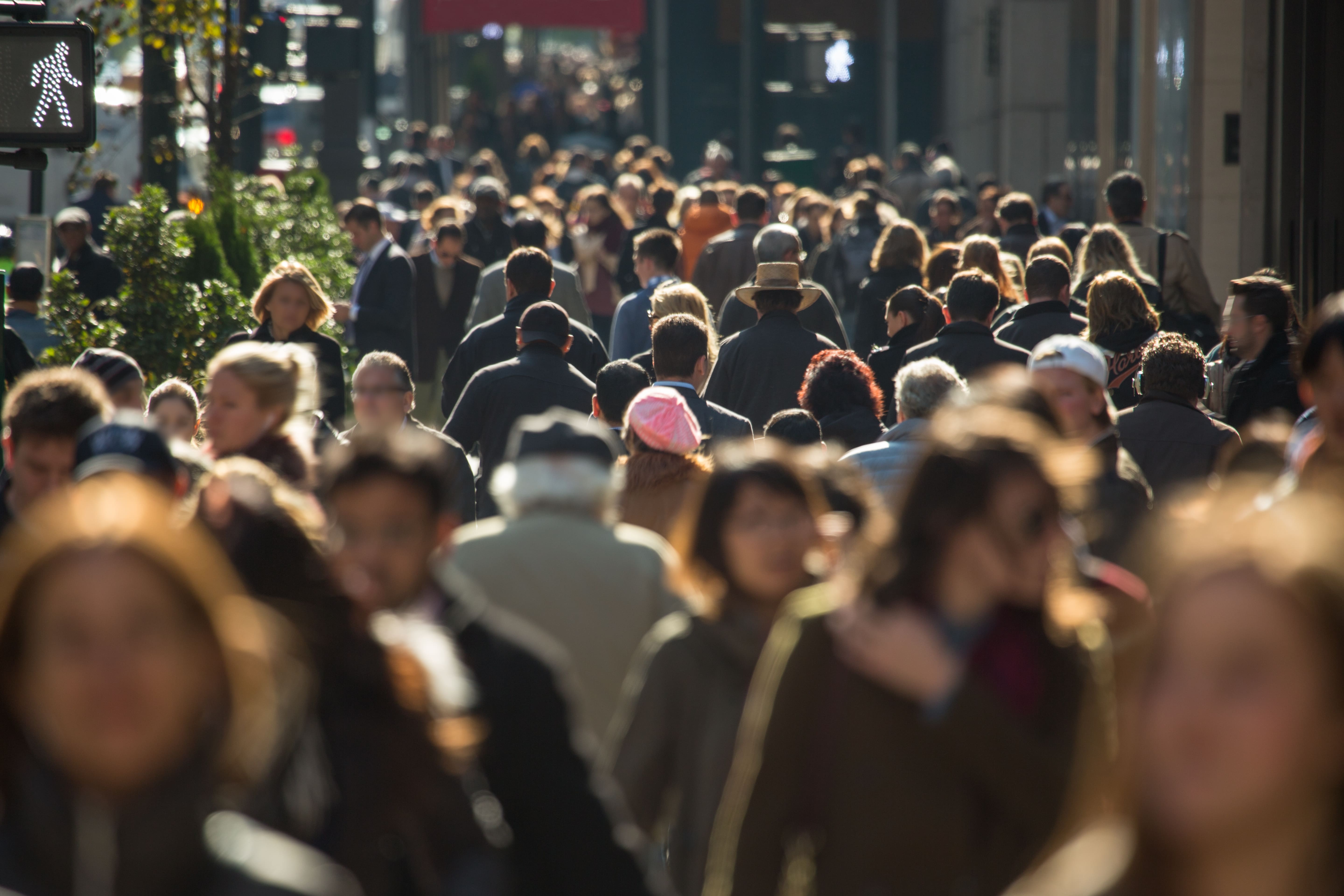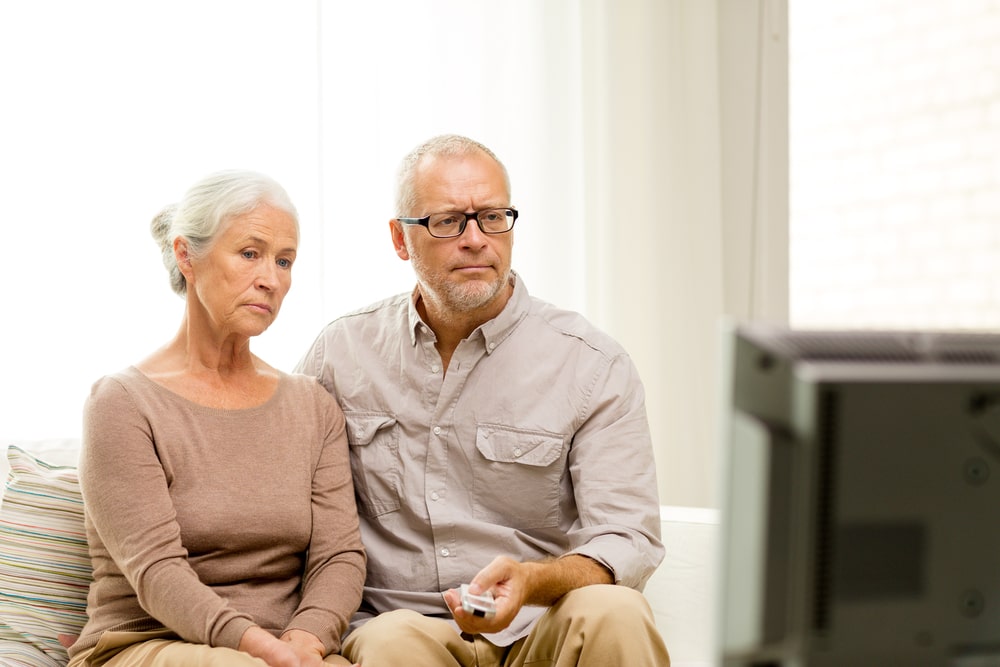
Alongside the physical pandemic, the novel coronavirus is causing a pandemic of grief. That’s what we’re all feeling right now—grief. It’s important to recognize that.
Grief is everything we think and feel inside of us whenever our attachments are threatened, harmed, or severed. We experience shock and disbelief. We are anxious, which is a form of fear. We become sad and possibly lonely. We get angry. We feel guilty or regretful. The sum total of all these and any other thoughts and feelings we are experiencing as a result of the coronavirus pandemic is our grief.
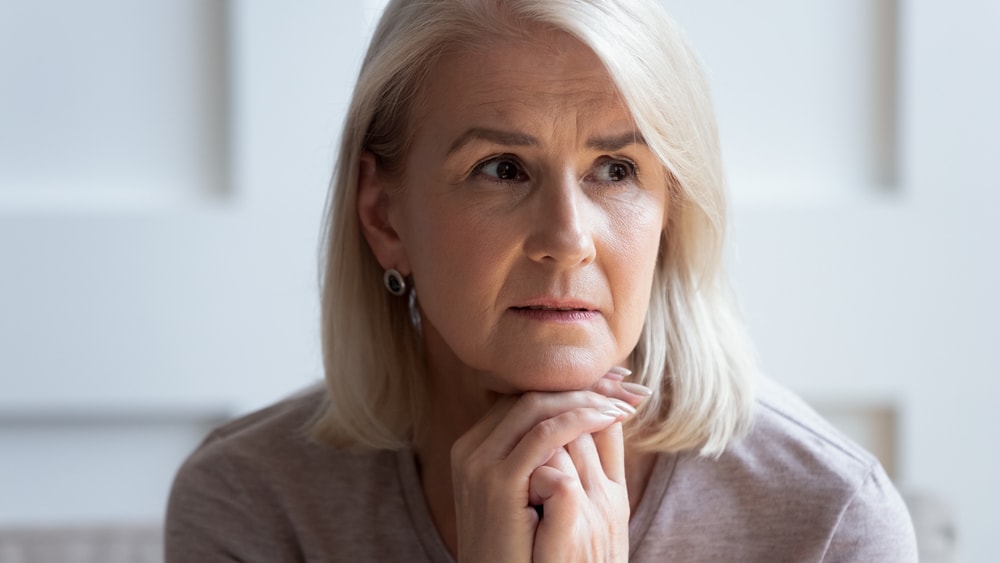
No wonder. The virus is threatening every single person on Earth with myriad losses of every kind, from separation from loved ones to financial endangerment to canceled once-in-a-lifetime events and many, many more.
Name something you care about or that gives your life meaning. In all likelihood, this attachment is now negatively affected or threatened in some way by the coronavirus.
And then, of course, there is our worry. What will happen next? Will we get sick? Will people we care about get sick? Will people we love die?
Our anxiety about all the future unknowns is also part of our grief. In fact, it’s called “anticipatory grief” because our minds and hearts are naturally trying to anticipate and prepare for what’s to come.

So we’re grieving. Grief is normal and necessary because it’s part of our love, and I’m sure you agree that love is our most precious asset.
But it’s also essential to recognize that we can and should work with our grief. While it lives inside of us, it’s passive and inert. But when we find ways to express it outside of ourselves, it changes. It becomes active. We feel better, and our experience of life is enriched.
This process of expressing our grief is called mourning. While each of us grieves and mourns in unique ways, we share six basic mourning needs. So let’s focus on understanding and intentionally working on these needs during the pandemic.
Need 1: Acknowledge the reality of the pandemic as well as your grief

First, please ensure that you’re accurately informed about the coronavirus, COVID-19 (which is the illness caused by the coronavirus), and measures you should be taking to keep yourself and others as safe as possible. There’s a lot of misinformation out there right now, so please limit your news to factual sources. And second, acknowledge the reality of your grief about the pandemic. As I said, everything you care about may be under threat right now. Grief is your normal and natural response to this threat. You can turn this static grief into active mourning by regularly talking to others about your internal thoughts and feelings and sharing fears. The more you communicate openly and honestly, the better you will feel.
Need 2: Honor all of your feelings
 Again, it’s common to experience a wide range of emotions about this unprecedented global threat. I mentioned a number of them in the second paragraph: shock, disbelief, anxiety, sadness, loneliness, anger, guilt, and regret. Whatever you are feeling, know that it’s normal. Yet I understand that most of these feelings are unpleasant and uncomfortable. If you spend time each day on being aware of them, naming them, and expressing them outside of yourself in some way, they will soften. So talk about them with others, or write about them in a journal or on tools like social media. You’ll find that fully and honestly expressing all of your feelings will provide you with instant comfort and relief.
Again, it’s common to experience a wide range of emotions about this unprecedented global threat. I mentioned a number of them in the second paragraph: shock, disbelief, anxiety, sadness, loneliness, anger, guilt, and regret. Whatever you are feeling, know that it’s normal. Yet I understand that most of these feelings are unpleasant and uncomfortable. If you spend time each day on being aware of them, naming them, and expressing them outside of yourself in some way, they will soften. So talk about them with others, or write about them in a journal or on tools like social media. You’ll find that fully and honestly expressing all of your feelings will provide you with instant comfort and relief.
Need 3: Practice gratitude for the good in your life
 Now is an essential time to be mindful of the good in your life. Spend at least a few minutes each day calling to mind the people, experiences, and things that have been and are the most precious to you, then find ways to express those memories and awarenesses. For example, while you’re at home sheltering in place, you might write one personalized thank-you note each day to someone who has meant a lot to you. Tell them about moments and memories that have been particularly meaningful in your life. Starting a gratitude journal is another excellent option. Having gratitude for what was and what is will help you foster hope for what will be.
Now is an essential time to be mindful of the good in your life. Spend at least a few minutes each day calling to mind the people, experiences, and things that have been and are the most precious to you, then find ways to express those memories and awarenesses. For example, while you’re at home sheltering in place, you might write one personalized thank-you note each day to someone who has meant a lot to you. Tell them about moments and memories that have been particularly meaningful in your life. Starting a gratitude journal is another excellent option. Having gratitude for what was and what is will help you foster hope for what will be.
Need 4: Be kind to yourself
 Treat yourself with patience and compassion. Your pandemic grief needs and deserves tender loving care. Every morning, make a commitment to take care of yourself physically, cognitively, emotionally, socially, and spiritually in at least some small way on that day— for example, a ten-minute walk outside, a crossword puzzle, a brief FaceTime with a friend, a board game or online game with a loved one, and a five-minute prayer or meditation session. All five of these aspects of yourself are crucial to give attention to. If you neglect one or more of them, you’ll find yourself getting out of balance and your pandemic grief and health worsening.
Treat yourself with patience and compassion. Your pandemic grief needs and deserves tender loving care. Every morning, make a commitment to take care of yourself physically, cognitively, emotionally, socially, and spiritually in at least some small way on that day— for example, a ten-minute walk outside, a crossword puzzle, a brief FaceTime with a friend, a board game or online game with a loved one, and a five-minute prayer or meditation session. All five of these aspects of yourself are crucial to give attention to. If you neglect one or more of them, you’ll find yourself getting out of balance and your pandemic grief and health worsening.
Need 5: Search for meaning
 Loss and grief always spur us to search for meaning. It’s natural to wonder why all of this is happening. We’re in what’s called “liminal space” right now, which means we’re suspended in this long, weird pause. There was our life before the pandemic, and in the future there will be our (unknown) life after the pandemic…but right now there is just this period of transition. It’s the time betwixt and between, and it’s uncomfortable. Yet it’s often this enforced discomfort that ultimately transforms us. In liminal times, it’s normal to search for spiritual answers and try to find steady ground. To meet this mourning need, work on mindfulness. Be present in this day and this moment. And devote some time every day to caring for your spirit. Whatever helps you feel joy, meaning, and purpose—do that.
Loss and grief always spur us to search for meaning. It’s natural to wonder why all of this is happening. We’re in what’s called “liminal space” right now, which means we’re suspended in this long, weird pause. There was our life before the pandemic, and in the future there will be our (unknown) life after the pandemic…but right now there is just this period of transition. It’s the time betwixt and between, and it’s uncomfortable. Yet it’s often this enforced discomfort that ultimately transforms us. In liminal times, it’s normal to search for spiritual answers and try to find steady ground. To meet this mourning need, work on mindfulness. Be present in this day and this moment. And devote some time every day to caring for your spirit. Whatever helps you feel joy, meaning, and purpose—do that.
Need 6. Reach out to others to give and accept support
 Even during periods of isolation, we as human beings need personal contact. When we are grieving, we also need emotional support. So I encourage you to use this difficult time to build relationships. Talk openly and honestly with the people in your home and be as empathetic as you can. To communicate with others outside your home, video calls are probably the best substitute for face-to-face conversations. Voice calls come second. After that, emails, texting, and social media work too. And don’t forget the power of the handwritten letter! The point is to stay connected as much as possible AND to be open and honest in those communications about whatever it is you are feeling or struggling with at the moment. Your candor will encourage others to be honest as well, creating the opportunity for mutual support and kindness.
Even during periods of isolation, we as human beings need personal contact. When we are grieving, we also need emotional support. So I encourage you to use this difficult time to build relationships. Talk openly and honestly with the people in your home and be as empathetic as you can. To communicate with others outside your home, video calls are probably the best substitute for face-to-face conversations. Voice calls come second. After that, emails, texting, and social media work too. And don’t forget the power of the handwritten letter! The point is to stay connected as much as possible AND to be open and honest in those communications about whatever it is you are feeling or struggling with at the moment. Your candor will encourage others to be honest as well, creating the opportunity for mutual support and kindness.
This pandemic will change the world, and it will also change you. The good news is that if you work on these six needs of mourning in the coming weeks, you will emerge from this liminal time a different person. Your grief work will cause you to evolve in ways that will make the rest of your life more meaningful. Through mourning, you have the opportunity to get to know yourself better. You might have the time to develop better self-care habits. You have the chance to solidify or improve relationships. And you may be able to gain more clarity about what really matters in your life (and let go of some of the things that don’t).

Grief is always a transformative experience, but this global grief may unify us like never before. Imagine what we can do together if each of us has used this liminal time to improve self-awareness, foster mindfulness, build relationships, soften fear, and take care of ourselves and each other. I have great hope for our shared future. Please join me in mourning well so that we can live better, love better, and change the world—for the better.
About the Author
Alan D. Wolfelt, Ph.D., is an author, educator, and grief counselor. He serves as Director of the Center for Loss and Life Transition and is on the faculty of the University of Colorado Medical School’s Department of Family Medicine. Dr. Wolfelt has written many bestselling books on coping with grief, including Grief One Day at a Time and First Aid for Broken Hearts. Visit www.centerforloss.com to learn more about grief and loss and to order Dr. Wolfelt’s books.













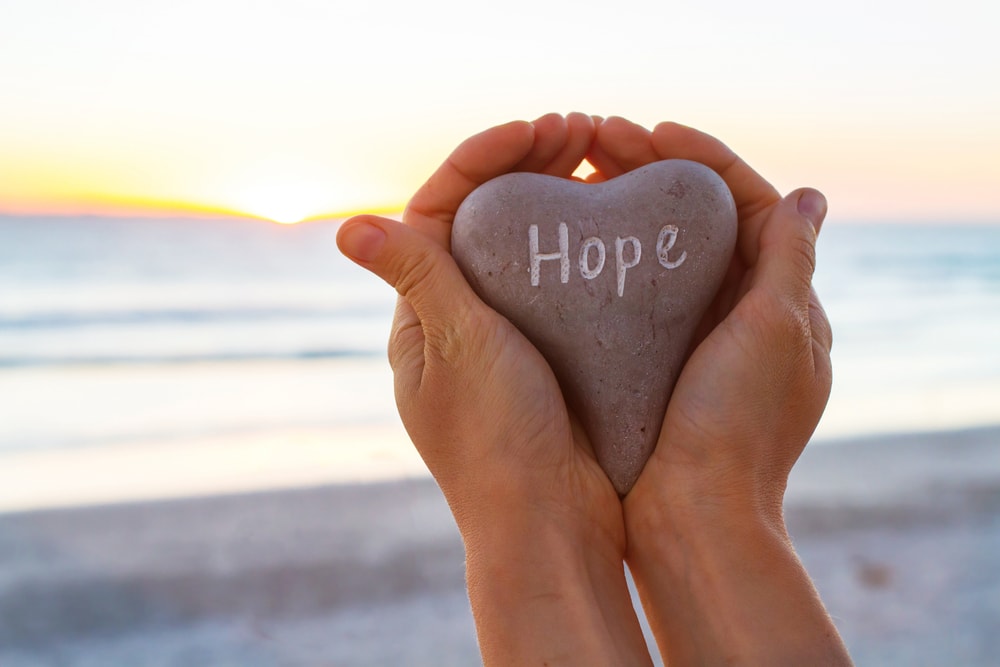




 How do you know someone is hope-filled? Look for friends and family members who have a hopeful outlook on life. They are people who have a positive energy when they are in your presence, and they make you smile when you simply hear their voice. They are also usually caring, nonjudgmental listeners. The energy they radiate can anchor you right now. Remember—hope is a renewable resource. Borrow it now, and know that in the future, when the time is right, you can pay it forward to someone else in need.
How do you know someone is hope-filled? Look for friends and family members who have a hopeful outlook on life. They are people who have a positive energy when they are in your presence, and they make you smile when you simply hear their voice. They are also usually caring, nonjudgmental listeners. The energy they radiate can anchor you right now. Remember—hope is a renewable resource. Borrow it now, and know that in the future, when the time is right, you can pay it forward to someone else in need.






